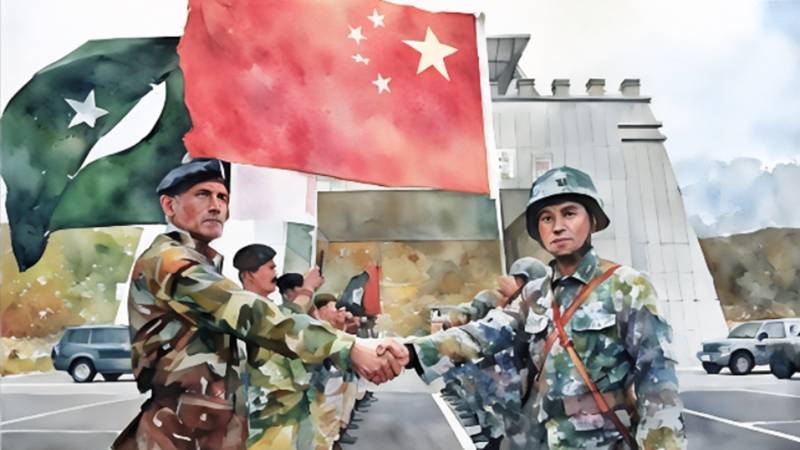
The relationship between China and Pakistan remains steadfast with both nations keeping each other’s back at international forums, strategic coherence on issues of mutual interest and most importantly having similar geopolitical interests. There is also growing evidence of greater defence cooperation with the jointly produced JF-17 now configured to deploy the air-launched cruise missile, causing anxiety in the neighbourhood.
But there is a growing acknowledgment on both sides that the economic and social relationship is not at par with the cooperation that is seen in the issues of so-called higher politics. China seems to have recognized its difficulty in effectively communicating the full extent of its support to the Pakistani people, while some individuals in Pakistan continue to express scepticism about Chinese generosity.
Although not the most fitting comparison, these sentiments are reminiscent of the statements we previously heard from our Western partners during their support for various projects for garnering cooperation against Taliban. There is a stark difference though, as the Chinese side likes to keep a lot of its cooperation low-profile and most interactions are usually with policymakers. It needs to be seen as to whether it is a byproduct of Chinese culture or a strategy that they use intentionally, but there is a need for them to engage more with the people of Pakistan.
It is important to stress that the Chinese in BRI 2.0 want to ensure that there is political stability in countries where they invest
The most important issue that has the potential to halt economic cooperation is the security threat faced by Chinese nationals in Pakistan. The attack in March in Besham, which led to the death of the five Chinese nationals, is a case in point. Since then, the security of Chinese citizens has become the greatest priority and Pakistan continues to state that the attack was carried out by TTP which has safe heavens across the border. Pakistan has quite a lot to show with regards to what it has done for preventing attacks on Chinese nationals. There are two divisions which have been raised by the Pakistan Army with the purpose of providing security to CPEC-related projects. The local police on the other hand has also established special protection units to protect Chinese nationals.
It is still important to point out that this is all coming at a cost for the Chinese companies too. Many of their leaders express their frustration in private as they now have to invest in seeking bulletproof cars, private security and take other steps to safeguard their interests.
It is a cost that is unlikely to go down anytime soon, as the country makes strides to fight yet another operation against the insurgents and terrorist groups operating out of Afghanistan.
It is equally important to stress that the Chinese in BRI 2.0 want to ensure that there is political stability in countries where they invest. This was made clear by the visiting Head of the International Department of the Communist Party of China, Liu Jianchao, who recently stressed the need to have political stability within Pakistan in order for Chinese investment to flow. It would not be the first time that the Chinese government would have asked Pakistan to work on its internal problems and resolve them in order to gain economic traction, but what makes it significant is the current condition in which we are in at the moment.
The political quagmire requires all national leaders to come together and reconcile, but this is easier said than done. There are those who believe that Imran Khan has been relegated to oblivion, as he is no longer out and about. These are the ones who fail to learn from history as any leader who once captures the imagination of the people cannot just be wished away. He might not be the most agreeable politician to emerge on our political landscape, but then again, the art of politics lies in getting things done. If the civilian side does not extend an olive branch to him now, then he might come back much stronger or there might not be much left to salvage.
The China-Pakistan friendship is one that shall be able to withstand many of these pressures, but what is required of our leadership is to get its house in order, let bygones be bygones and work as a nation for the betterment of its people. It was an attempt to encapsulate in the fewest words possible what our friends require of us and what we need to do and in the hope that some of it would be done, but hope in the land of the pure seems “futile—a fleeting ember swallowed by the relentless tide of reality.”

